Quantity/Cost/Type of seeds?
bumble_doodle
11 years ago
Related Stories
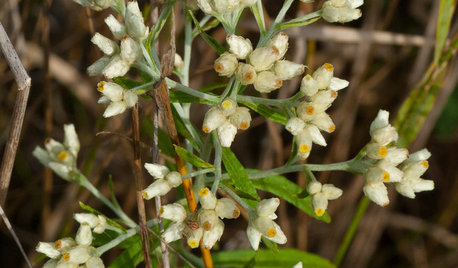
GARDENING GUIDESGreat Design Plant: Pseudognaphalium Obtusifolium, or Rabbit Tobacco
This late-blooming native annual, also known as sweet everlasting, adds spontaneity to landscapes in the eastern United States
Full Story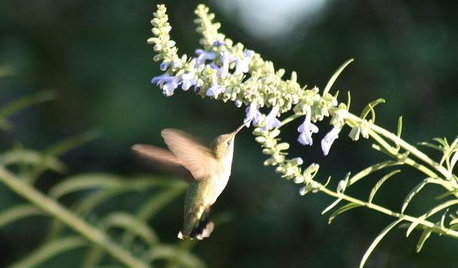
GARDENING GUIDESHow to Find the Right Native Plants for Your Yard
Find plant maps, sale sites and guides that make going native in the garden easier than ever
Full Story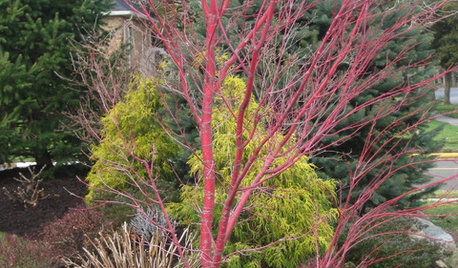
TREESGreat Design Plant: Coral Bark Japanese Maple, a Winter Standout
Go for garden gusto during the chilly season with the fiery red stems of this unusual Japanese maple
Full Story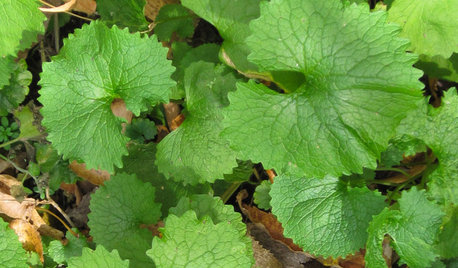
GARDENING GUIDESDo You Have This Invasive Plant in Your Yard?
Garlic mustard is spreading across the U.S. Here’s how to spot it and what to do
Full Story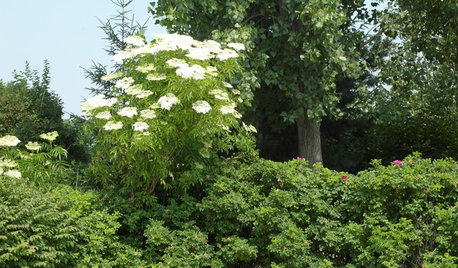
GARDENING GUIDESGreat Design Plant: Sambucus Nigra
Common elderberry is a highly adaptable shrub from the eastern U.S., with berries galore for wildlife and humans alike
Full Story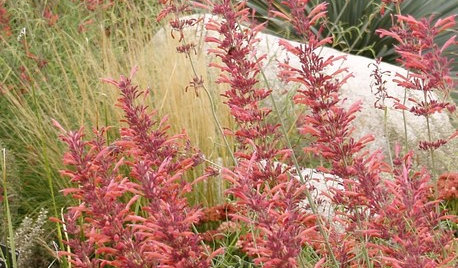
FLOWERS AND PLANTSAgastache Rupestris, a Heat-Loving Hummingbird Magnet
Threadleaf giant hyssop adds color and fragrance to late-summer and fall xeric gardens
Full Story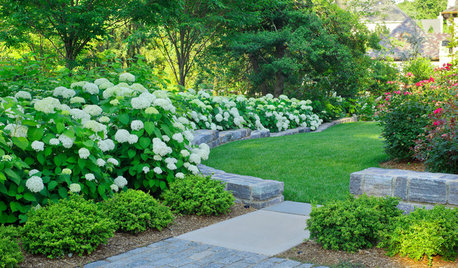
FLOWERS AND PLANTSHydrangea Arborescens Illuminates Garden Borders and Paths
This long-blooming eastern North American native shrub finds a home in landscapes around the world
Full Story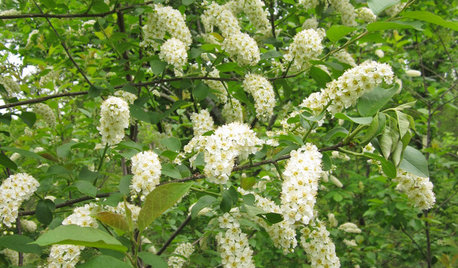
TREESNative Plant Alternatives to Invasive Common Buckthorn
Learn how to identify and control this aggressive plant, and what to grow in its place
Full Story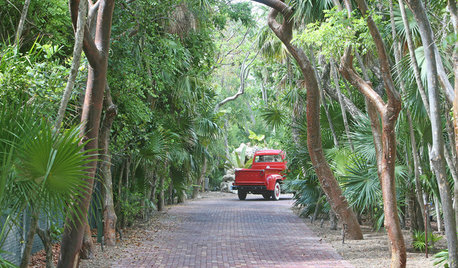
LANDSCAPE DESIGNThe Unparalleled Power of Trees
Discover the beauty and magic of trees, and why a landscape without them just isn't the same
Full Story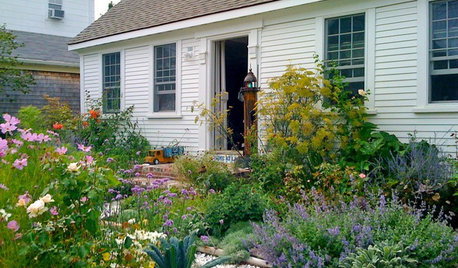
GARDENING GUIDESVegetables and Flowers Mix in Beautiful Edible Gardens
Ornamentals, meet your edible garden mates. We know you'll get along just beautifully
Full Story






sunnibel7 Md 7
digdirt2
Related Professionals
West Milford Landscape Architects & Landscape Designers · Suffern Landscape Architects & Landscape Designers · Alexandria Landscape Contractors · Tempe Landscape Contractors · Duarte Landscape Contractors · Englewood Landscape Contractors · Fort Wayne Landscape Contractors · Framingham Landscape Contractors · Lynwood Landscape Contractors · Ocoee Landscape Contractors · Shaker Heights Landscape Contractors · Tavares Landscape Contractors · Washington Landscape Contractors · Selma Landscape Contractors · Grand Rapids Driveway Installation & MaintenanceRaw_Nature
bumble_doodleOriginal Author
digdirt2
Raw_Nature
jonfrum
digdirt2
Raw_Nature
digdirt2
sunnibel7 Md 7
glib
Raw_Nature
zzackey
Raw_Nature
User
Raw_Nature
digdirt2
Raw_Nature
Raw_Nature
raiquee
digdirt2
Raw_Nature
NancyPlants
User
bumble_doodleOriginal Author
digdirt2
glib
little_minnie
Raw_Nature
bumble_doodleOriginal Author
sunnibel7 Md 7
tishtoshnm Zone 6/NM
veggiecanner
digdirt2
bumble_doodleOriginal Author
uncle_t